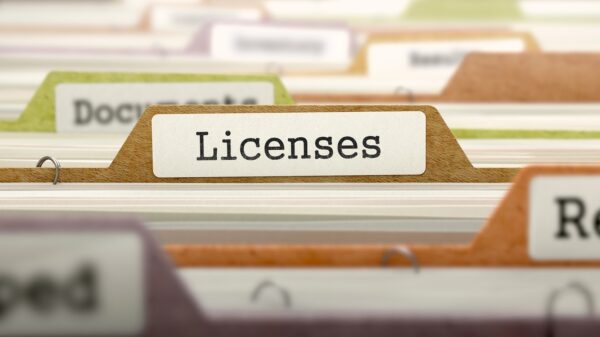As a dental practice owner, your focus may be on patients, but the IRS requires just as much attention to payroll taxes. These aren’t just another line item; they’re legally classified as “trust fund taxes.” That means when you withhold federal income tax, Social Security, and Medicare from your employees’ paychecks, you’re holding those funds on behalf of the government. In the eyes of the IRS, failing to send them in promptly is more than a mistake. It’s theft, and the consequences include fines, criminal charges, and even prison time.
Real-World Cases: Payroll Tax Non-Compliance Comes at a High Cost
The IRS has made it clear that no business owner is too small or too specialized to be held accountable. Here are just a few examples.
- Nevada Dentist: A licensed pediatric dentist pled guilty to failing to remit payroll taxes, proving that even small dental practices face criminal enforcement.
- Virginia Business Owner: A Chester, VA, business owner was sentenced to two years in prison for withholding payroll taxes from employees’ wages but failing to send them to the IRS.
- New Hampshire CEO: A tech company CEO in New Hampshire withheld but never paid millions in payroll taxes between 2014 and 2021. He received a 2½-year sentence and had to pay restitution exceeding $639,000.
- Florida Payroll Provider: In an example of someone who definitely knew better, a payroll company owner diverted client tax funds for personal use and was sent to prison for more than four years.
- Reality TV Personality: Peter Thomas, of The Real Housewives of Atlanta, was sentenced to 18 months and ordered to repay $2.5 million for failing to pay employment taxes across several businesses.
Why This Matters for Your Practice
Payroll taxes are one of the most serious obligations you carry as a business owner. Even if you delegate payroll tasks to a staff member, accountant, or outside service, the IRS still holds you personally responsible.
Some owners convince themselves they’ll “borrow” from payroll tax funds to get through a tough month. But even a short delay counts as willful evasion in the eyes of the IRS. The result? Mounting penalties, damaged reputations, and, in the worst cases, criminal charges.
For dental practice owners already juggling patient care, staff management, and overhead costs, the added risk of payroll tax missteps is too great to ignore.
How to Stay Compliant
For most dental practices, the simplest and safest option is to partner with a reputable payroll provider, like ADP, that takes on the legal responsibility of calculating and remitting payroll taxes on time and in the correct amounts. Be sure to confirm that if the IRS ever issues a payroll-tax notice, they will handle the response at no additional charge. That shifts the risk away from your practice, so you and your team can focus on running the business and caring for patients, not trying to master the complexities of payroll law. And considering that IRS fines can be steep, as we established above, the cost/benefit ratio – and ability to sleep well at night – makes sense for most practices.
If you decide not to outsource, you’ll need to put strong guardrails in place to stay compliant:
- Fund immediately – Treat payroll tax liability as untouchable. Set the money aside as soon as payroll runs.
- Know your schedule – IRS deposit rules vary. Some practices remit monthly, others semi-weekly. Understand which applies to you.
- Automate where possible – Payroll software can reduce the risk of human error, but it won’t assume legal responsibility the way a provider like ADP does.
- Keep funds separate – Always store payroll taxes in a dedicated account so they are never mixed with operating funds.
- Act fast if you fall behind – The IRS offers options like installment agreements and voluntary disclosure, but only if you address problems quickly.
Remitting payroll taxes on time isn’t optional; it’s a legal non-negotiable. Whether you rely on a provider or manage it in-house, the key is to treat these funds as sacred. For many practice owners, outsourcing is the easiest way to eliminate the risk and sleep better at night.
If you’re ever unsure about your payroll tax process or if you’ve already fallen behind, reach out to us immediately. The cost of prevention is always lower than the cost of IRS enforcement, whether measured in dollars, reputation, or even freedom.




